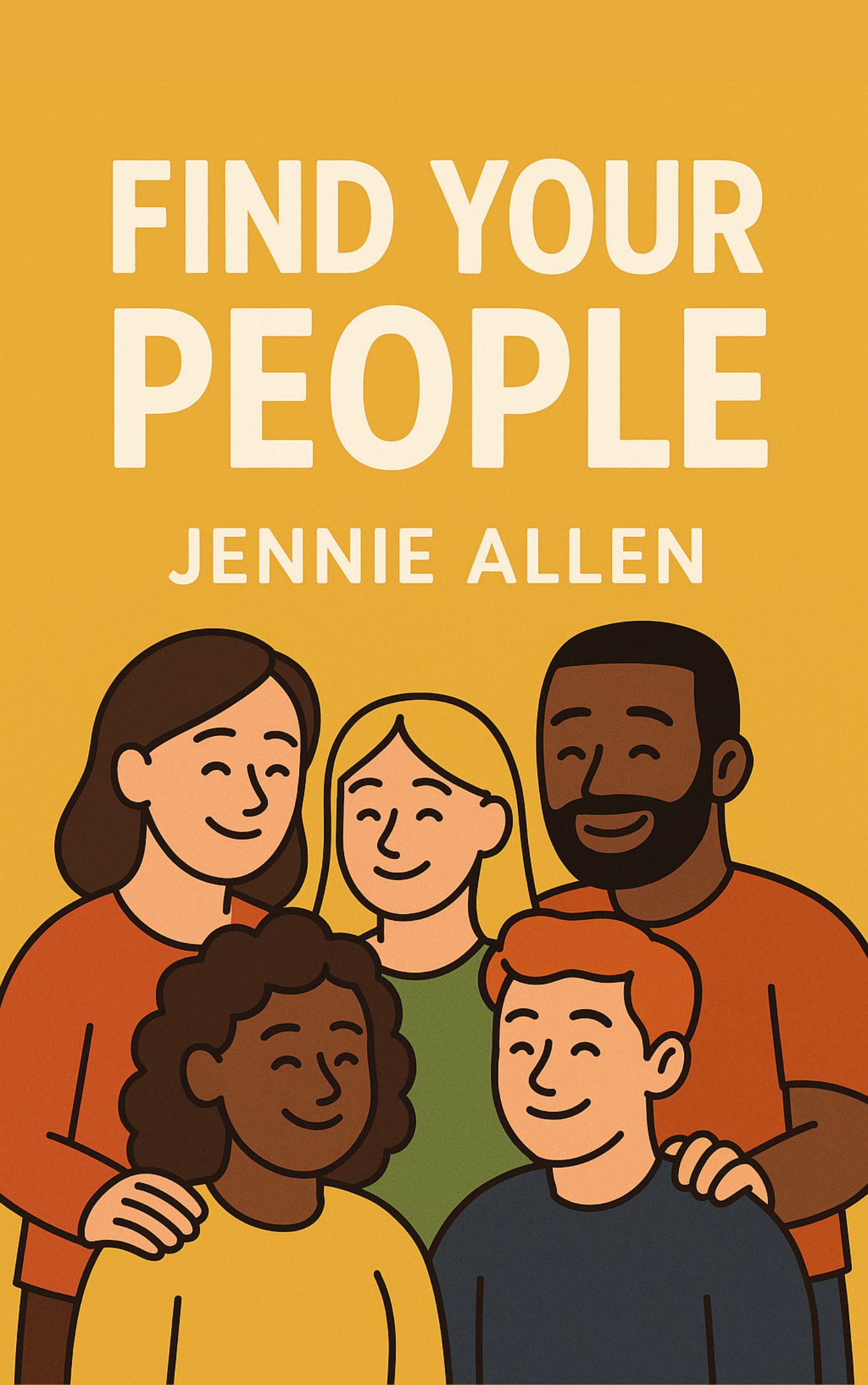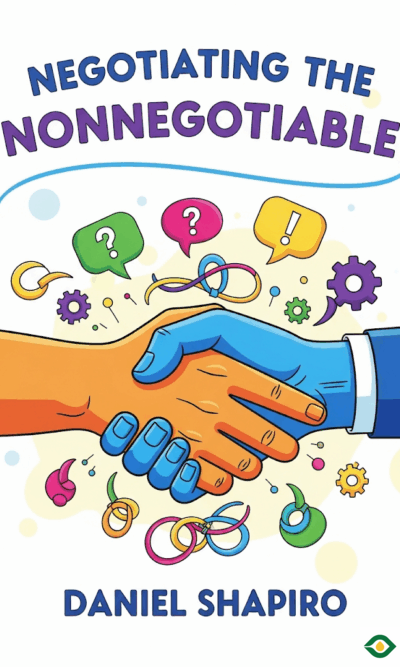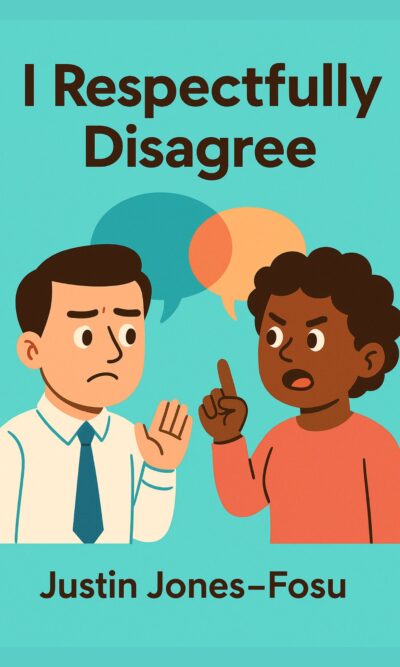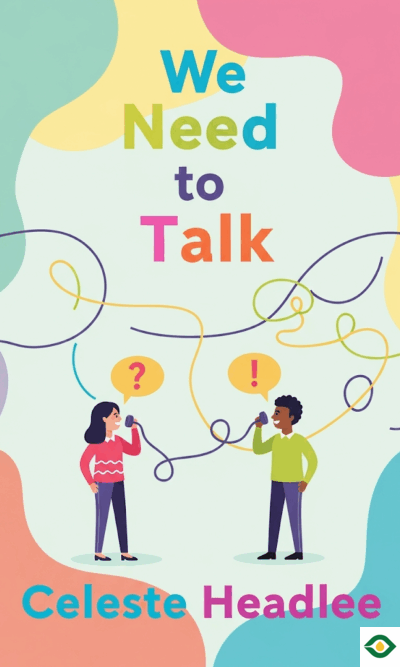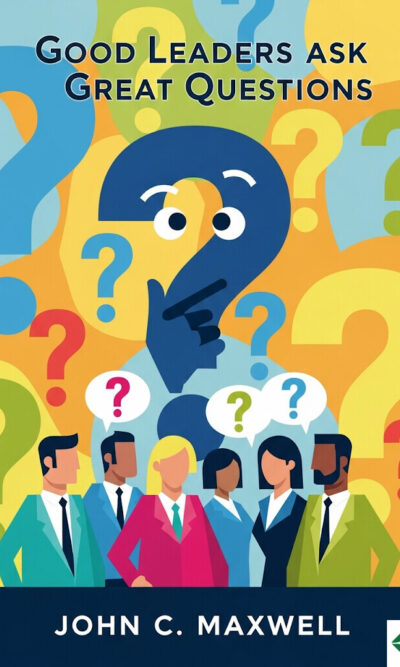Description
Loneliness is something nearly everyone faces at some point. You might feel it when you walk into an empty home, when friends seem too busy, or when family gatherings only highlight division. Many people live surrounded by neighbors but still feel invisible. The truth is, we are made for connection, yet modern life often pushes us into isolation.
Jennie Allen, the author of Find Your People, believes we can discover deeper friendships if we are willing to be intentional. Her message is both practical and spiritual, reminding us that humans were designed to live in community, not alone. By seeking real bonds, we can experience joy, growth, and the comfort of being fully known.
The book begins by showing why friendship is not just a nice addition to life—it is a necessity. Our culture often values independence, productivity, and convenience. We cook meals for one, entertain ourselves with endless screens, and shop without ever asking for help. But this way of living leaves many people empty inside. Research shows loneliness is widespread, and it damages both mental and physical health. Deep friendship, on the other hand, brings healing, energy, and meaning.
So how do we actually create these bonds? Allen suggests starting close to home. We don’t need to travel far or wait for perfect circumstances. Our “people” might already be near us—in the office, at school, on the playground, or even next door. The first step is to notice them. Write down names of people you see regularly and enjoy. Then, instead of waiting for others to take the lead, reach out yourself. Invite someone for coffee, strike up a conversation, or offer help. Friendships grow from repeated small efforts.
Once a relationship begins, it’s important to move beyond surface-level talk. Instead of endless small talk about weather or work, ask questions that reveal real feelings. Questions like “What are you most worried about these days?” or “What are you hoping for?” can open a door to vulnerability. When someone shares, resist the urge to solve their problems right away. Just listen, sit with their feelings, and show care. This builds trust and connection.
True friendship also requires courage to need each other. Many of us are afraid to admit weakness. We worry we’ll look needy or be judged. Maybe past betrayals taught us to put up walls. But hiding only increases loneliness. Allen shares from her own life how difficult it was to admit she needed her friends. Yet when she finally did, the bonds grew stronger. People want to be needed; it gives them purpose. Allowing others to help you is not a burden—it is an invitation to intimacy.
Another pillar of lasting friendship is accountability. This means giving others permission to speak truth into your life and correct you when necessary. In some cultures, this practice is normal and expected. In many Western settings, however, people shy away from it. But accountability is not about judgment; it is about growth. Proverbs describes it as “iron sharpening iron.” Friends who challenge each other become wiser, kinder, and more mature. To practice this, choose a few trusted people and invite them to share honestly what they see in you. In return, offer to do the same for them. This mutual responsibility builds strength into the relationship.
Friendship is not only about comfort; it’s also about mission. In earlier times, people naturally lived in close villages where life was shared. Work, worship, and family all blended together. Today, by contrast, many lives are fragmented. Work is separate from home, faith is separate from social circles, and screens replace face-to-face interaction. Allen encourages us to resist this division. Instead, align friendships around a shared mission. For many, that mission is faith, service, or simply choosing to make a difference in others’ lives. When you and your friends work toward something bigger than yourselves, the bond deepens. Serving together, helping others, or supporting a cause can unite a group in powerful ways.
But even the strongest friendships face conflict. Misunderstandings and hurt feelings are inevitable. The easy option is to walk away, especially in a culture where ghosting has become normal. Yet lasting friendships require the opposite: staying, apologizing, forgiving, and working through tension. Conflict, when handled well, is not a threat but a teacher. It shows where we need to grow and how we can love better.
Healthy conflict involves assuming the best in others instead of imagining bad intentions. If something bothers you, don’t stew in silence. Ask directly what the person meant. Apologize quickly when you hurt someone. Be willing to forgive without dragging the issue on. And whenever possible, act as a peacemaker, someone who values harmony more than pride. These small but important choices keep friendships alive and prevent them from breaking over minor issues.
In the end, building your circle of people is not quick or easy. It takes effort, courage, and patience. You will need to push past awkwardness, risk being misunderstood, and give your time even when life feels too busy. You will need to practice honesty when it’s uncomfortable and forgiveness when it’s difficult. But the reward is priceless.
Real friends walk beside you in both joy and pain. They celebrate your victories, cry with you in grief, and hold you accountable when you stray. They remind you of who you are when you forget. They offer laughter, warmth, and shared memories that cannot be bought. Most importantly, they help you live the kind of life you were meant to live—not isolated and lonely, but supported and known.
The message of Find Your People is simple yet powerful: life is better together. We were made to live in community, to carry each other’s burdens, and to fight for each other’s good. By finding people close by, going deep instead of staying shallow, practicing accountability, sharing a mission, and working through conflict, we can create lasting friendships that change our lives.
If you feel alone today, remember: you don’t have to stay that way. The people you need might already be near you. Start with one small step—say hello, ask a real question, share something personal, or offer to help. Over time, those small steps can grow into the kind of friendships that fill your life with connection, meaning, and joy.

